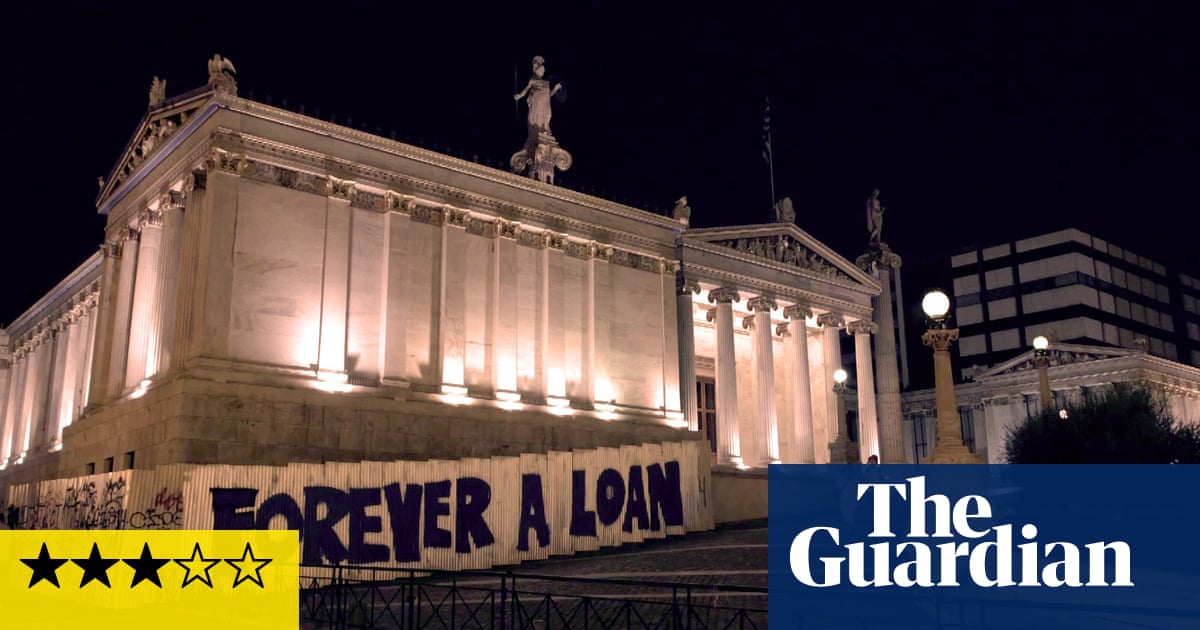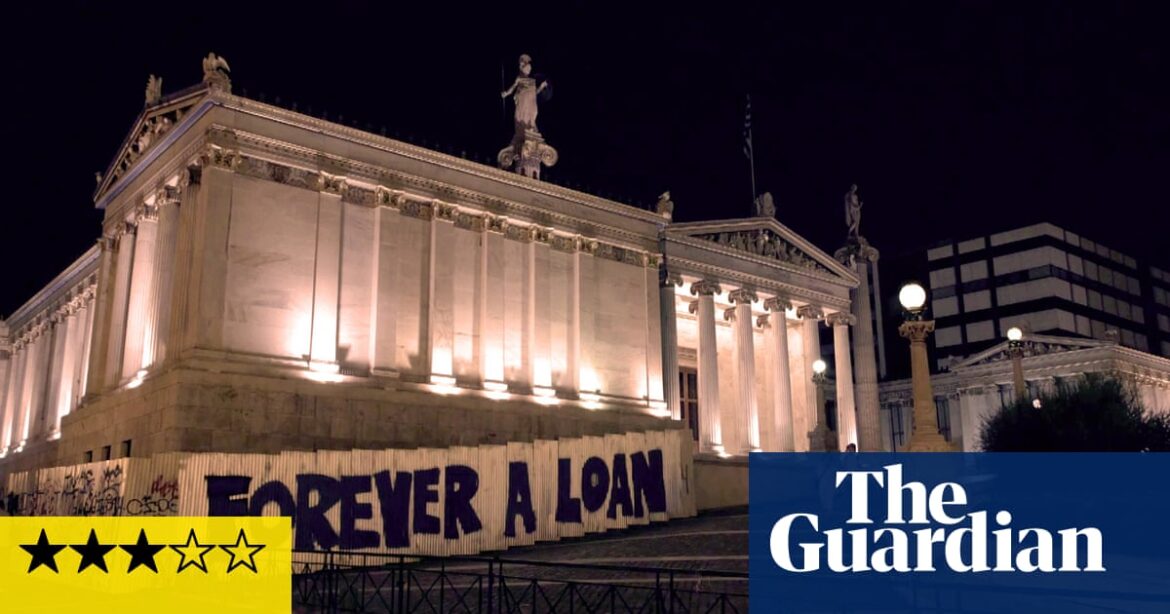
Maybe the true Greek tragedy is the temptation to interpret everything that happens in that country under the long Hellenic shadow of history. It is former finance minister Yanis Varoufakis who suggests here that the 2010s debt crisis was akin to an ancient tragedy, with the likes of him, prime minister Alexis Tsipras and a slowly strangulated populace at the mercy of overweening Olympian (or rather, European) forces. We should probably pay attention to the idea – but maybe more so to his parting suggestion that this drama doesn’t completely conform to the classical pattern, either.
Director Elisa Mantin’s melancholic but partisan film makes it clear that the hubris was on the Euro troika side. Varoufakis, a sympathetic François Hollande, a clutch of former Syriza ministers, and others describe the ideologically motivated chastising-via-austerity of the country by a Brussels technocracy for whom, says Varoufakis, Greek democracy was an afterthought. The negotiations took place in brutalising 10-hour Eurogroup meetings that were unrecorded and unminuted – all the better to spin things in the press later.
There is no counter-argument here, partly because the IMF pulled out of interviews at the last minute (making good on Varoufakis’s suggestion that insiders never tell outsiders what happens on the inside). Which makes it easy for Mantin to go all-in on the Greek tragedy notion, notably in a strand that alternates politics with snapshots of the artistic and social resistance that has sustained the country during its years of hardship. But it doesn’t go much beyond lots of bağlama-playing and broad generalisations about the Greek soul; more precise insights about the interplay between art and politics – especially the latter as a form of theatre and how that applied to the 2010s – go begging.
Twenty-first-century tragedian Varoufakis also notes one crucial difference with the classical model – the debt crisis, supposedly resolved but stretching out into a slow-motion social and psychological catastrophe that continues today, offered no cathartic ending for the Greek people. Public Enemy hints that the country’s experience may have wider significance in future arenas where the fate of the commons is decided by faceless elites with inscrutable agendas. But again the film is vague and speculative on this front when that great Greek tradition, rigorous reasoning, might have provided clearer instructions on how to resist.
Source: theguardian.com



